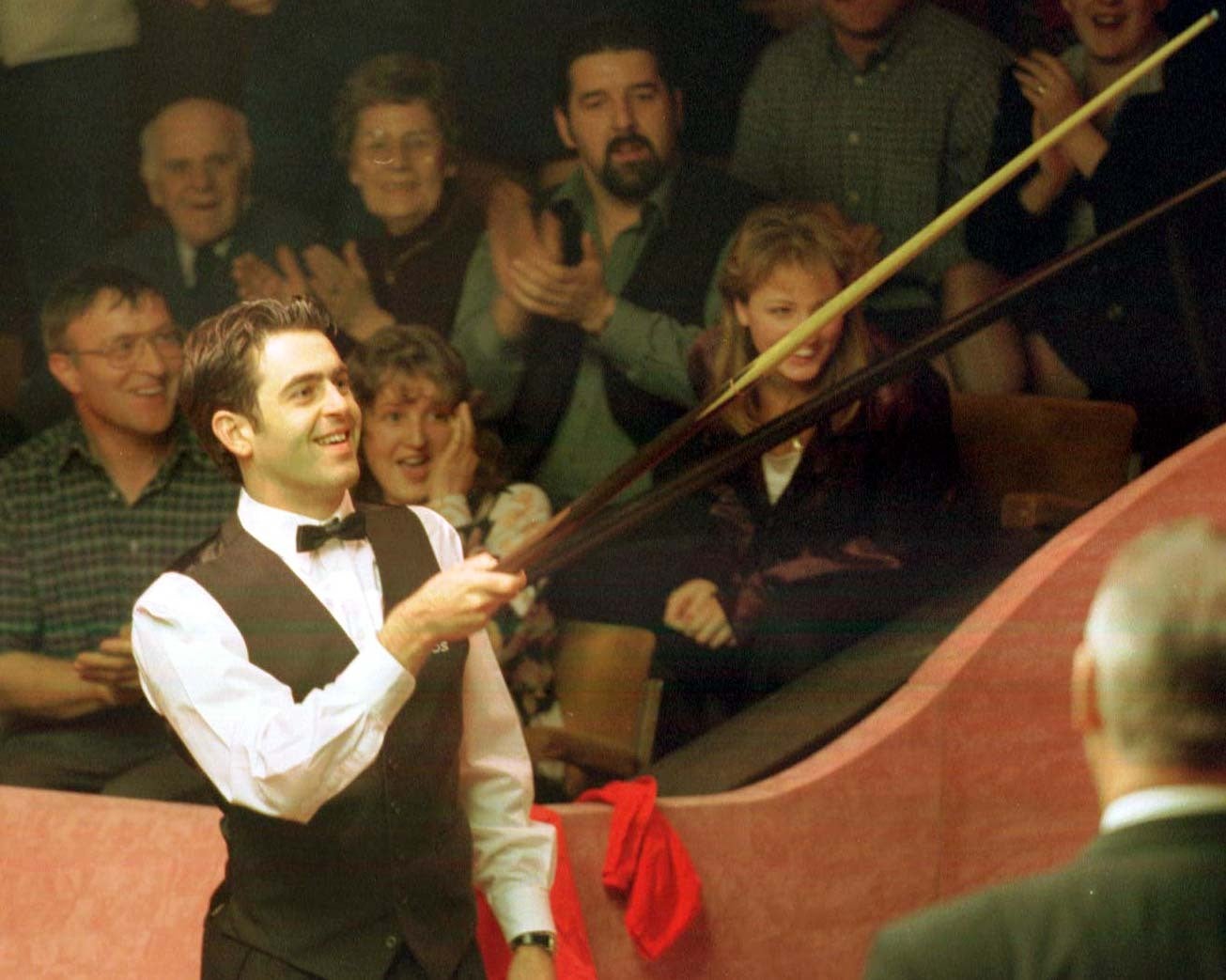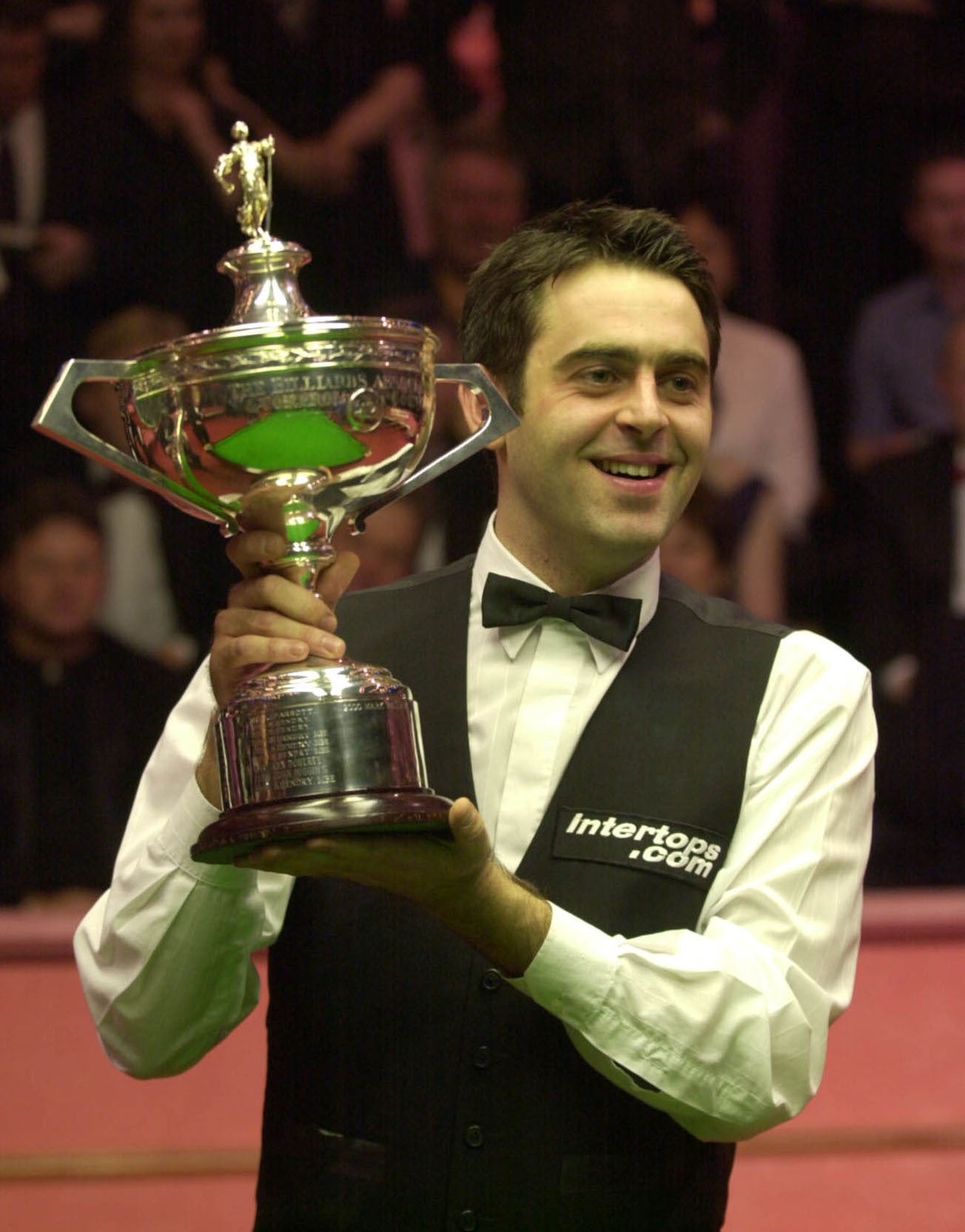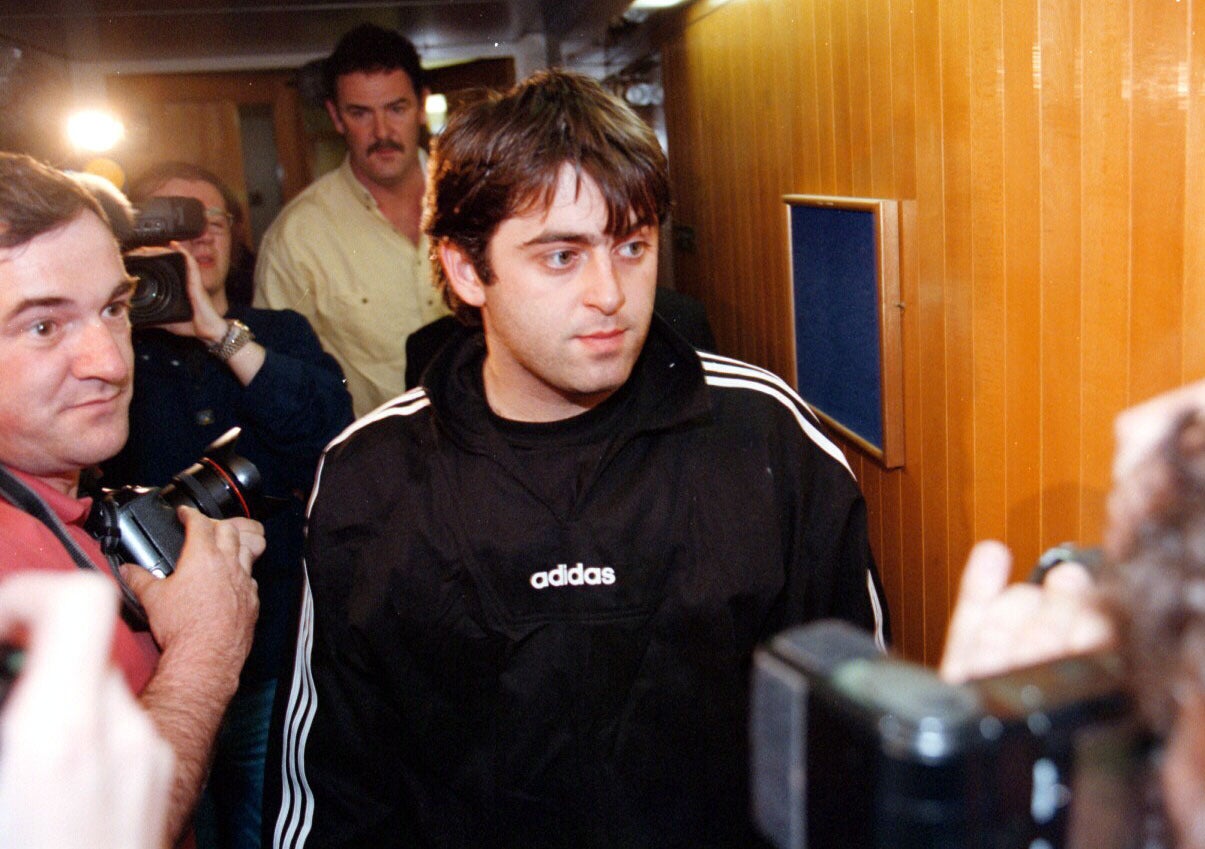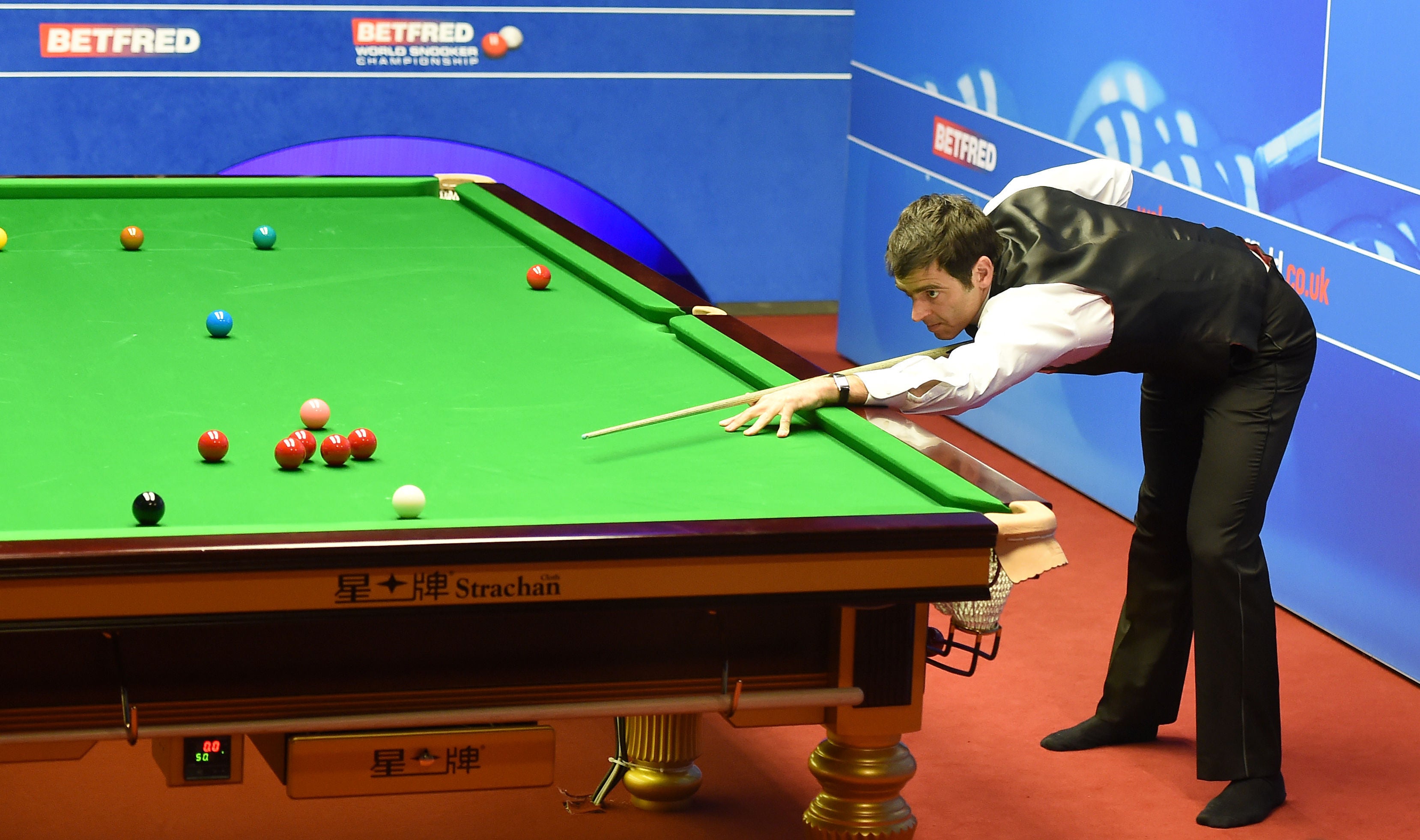Maximum breaks to shoeless mistakes – never a dull moment with Ronnie O’Sullivan
O’Sullivan has lit up the Crucible for the past three decades

Your support helps us to tell the story
From reproductive rights to climate change to Big Tech, The Independent is on the ground when the story is developing. Whether it's investigating the financials of Elon Musk's pro-Trump PAC or producing our latest documentary, 'The A Word', which shines a light on the American women fighting for reproductive rights, we know how important it is to parse out the facts from the messaging.
At such a critical moment in US history, we need reporters on the ground. Your donation allows us to keep sending journalists to speak to both sides of the story.
The Independent is trusted by Americans across the entire political spectrum. And unlike many other quality news outlets, we choose not to lock Americans out of our reporting and analysis with paywalls. We believe quality journalism should be available to everyone, paid for by those who can afford it.
Your support makes all the difference.Ten years ago Ronnie O’Sullivan walked out of the Crucible with his fourth world title and a threat to retire which would have left question marks hanging over his status in the snooker pantheon.
He may already have been recognised as his sport’s most prodigious talent, but he remained adrift of the career statistics of his predecessors Steve Davis and Stephen Hendry, his longevity challenged by inner demons that were never far from the surface.
As early as 2011 O’Sullivan summed up the agony of the expectations that surrounded him, revealing: “When you turn it on, it’s a great feeling, and when you’re not you feel like you’re letting people down.
“You feel like you’re letting yourself down, you’re wasting your time, and nobody’s having a good time and they’re waiting for something to happen and it ain’t happening. That can be quite demoralising sometimes.”
Those question marks were erased on Monday night when O’Sullivan saw off Judd Trump to win his seventh world crown, equalling Hendry’s Crucible record but signalling an unsurpassed achievement in a career defined by glory and controversy in equal measure.
For all those moments like the five-minute maximum he served up against Mick Price in 1997, there were reprimands and more admissions that gave a glimpse into his troubled mind, as he struggled to sustain the enthusiasm to chase down Hendry’s record that he always knew was well within his grasp.

As a teenager, O’Sullivan had the game’s established stars running scared. He won 74 of his first 76 matches as a professional, at the qualifying school in Blackpool, and before long was crushing his heroes, Davis and Hendry among his victims when he claimed that first UK title in Preston a week before turning 18.
At the Crucible, where it surprisingly took nine visits until he first carried off the main prize, he has lost three times to Hendry but also thrashed him in two semi-finals, 17-4 in 2004 and 17-6 in 2008.
Hendry labelled O’Sullivan “the best in the world by a country mile” after that second semi-final; Davis said: “He’s the best genius we’ve seen in snooker, possibly in sport”.

Yet O’Sullivan, whose father was sentenced to life in prison for murder in 1992, the same year he turned professional, would never be far away from hitting the headlines for the wrong reasons.
As a 20-year-old, O’Sullivan assaulted press officer Mike Ganley – now the tournament director – at the 1996 World Championship, and was handed a £20,000 fine. Nineteen years later he would borrow Ganley’s shoes during a match against Craig Steadman, having tried to continue in his socks after claiming his footwear was hurting him.
In 1998 he was stripped of the Irish Masters title and £61,000 in prize-money after failing a drugs test, and in 2005 his defence of the world title ran aground in controversial circumstances, when he surrendered 11 of the last 14 frames to lose to Peter Ebdon, who clearly riled O’Sullivan with his slow play during the quarter-final.

The Londoner, who had shaved his head midway through the tournament, asked an audience member for the time and at one stage stood on Ebdon’s seat. Afterwards, he indicated his desire to take a break from the game, admitting: “It may be the case that I’m saying goodbye.”
O’Sullivan’s third and fourth titles arrived with wins over Ali Carter in both 2008 and 2012, but the defence of his trophy over Barry Hawkins in 2013 – having partially made good on his retirement threat by taking the entire season off – was marred by a reprimand by referee Michaela Tabb for making an obscene gesture during his semi-final win over Trump.
For all his further threats to walk away, frequent expressions of disinterest and additional confrontations with officials that have propelled snooker onto the front pages, the sport must be perennially grateful for a player who has transcended all boundaries, and can now be celebrated as the greatest of all time.
Join our commenting forum
Join thought-provoking conversations, follow other Independent readers and see their replies
Comments